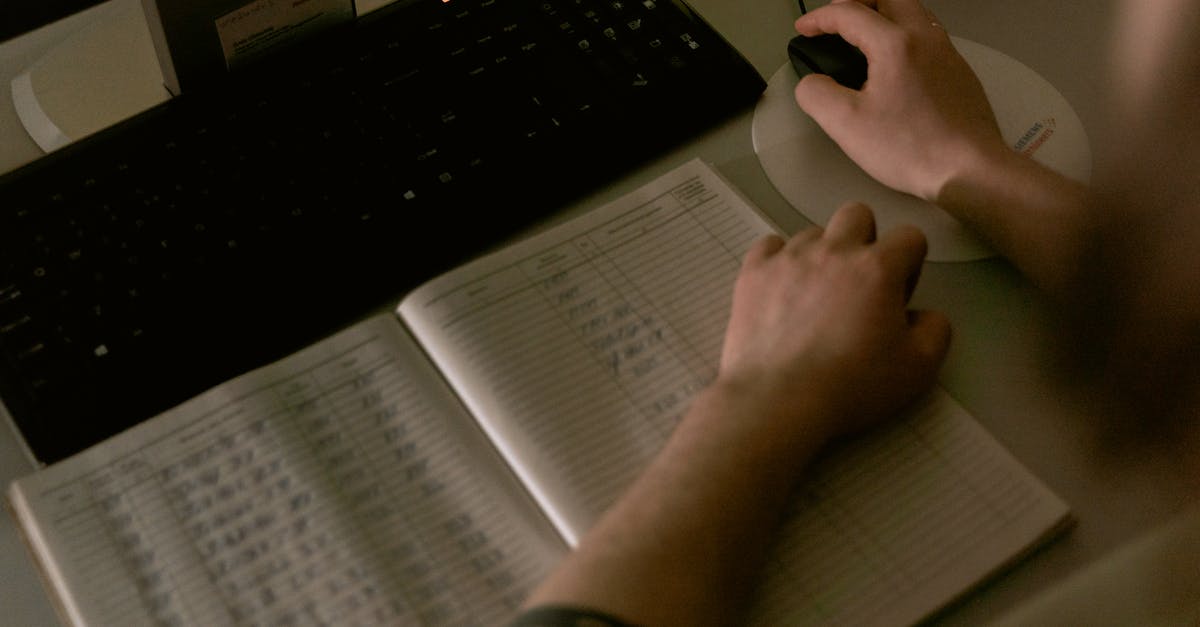Instantly Analyzing the Congressional UFO Hearing with Generative AI powered by Paxton AI
Earlier today, the House Oversight Subcommittee on National Security held a historic open hearing on UFOs, now referred to as Unidentified Aerial Phenomena (UAPs). The nearly 3-hour hearing featured testimony from military pilots who had encountered UAPs as well as intelligence experts.
Rather than watching the full 2 hour and 40 minute hearing, we used Paxton AI to instantly analyze the 20,000 word transcript and pull out the key insights. Here’s how Paxton’s AI technology was able to analyze the lengthy hearing in seconds:
Uploading the Transcript into Paxton AI
First, we used AI to transcribe the hearing and then simply copied and pasted the full transcript of the hearing into Paxton AI. The AI instantly processed the transcript and extracted the key topics discussed.
Reviewing the AI-Generated Summary
Paxton’s AI generated a concise summary of the hearing, reducing the lengthy transcript down to just the most important points. The summary provided an efficient way to understand the key takeaways without having to read or watch the full hearing. Below is the AI generated summary:
Here is a summary of the key points from the congressional hearing on UFOs/UAPs:
Several members of Congress expressed the need for more government transparency and reporting around UAP encounters, which they believe pose a threat to national security and aviation safety. There is currently stigma and lack of formal reporting mechanisms.
Lt. Ryan Graves, a former Navy pilot, testified that UAP sightings by military pilots are frequent but underreported, describing his own encounters with bizarre objects off the Virginia coast starting in 2014.
Mr. David Grush, a former intelligence officer, claimed the government has secret programs related to crashed extraterrestrial spacecraft and artifacts. He became a whistleblower to expose this alleged information.
Cmdr. David Fravor detailed his famous 2004 encounter with the Tic Tac shaped UAP during training flights off San Diego. He said it moved extremely fast with no discernible propulsion.
Members suggested establishing a formal reporting process for military and commercial pilots. They questioned if enough resources are being allocated given the potential threat. There were calls for more congressional oversight.
Overall, the hearing aimed to destigmatize UAPs, press for transparency around government knowledge and programs, clarify any threats, and encourage scientific study. But it’s unclear if more information will be forthcoming.
In addition to the summary, Paxton AI automatically extracted the key discussion topics from the hearing, ranked by frequency. Just from glancing at the list, we could instantly see which issues were discussed most. The top topics were:
- UAP encounters
- Pilot reporting
- National security
- Government transparency
Identifying Important Speakers
Paxton also identified the speakers who contributed most to the discussion based on the number of speaking turns and words spoken. The most active participants were:
- Rep. Tim Burchett
- Lt. Ryan Graves
- Rep. Andre Carson
Reviewing Relevant Excerpts
Finally, Paxton pulled out excerpts from the transcript on the most salient topics — UAP capabilities, government disclosure, and potential threats. This made it easy to zero in on the most critical statements without having to search through the full transcript.
Here are some relevant excerpts from the congressional hearing transcript on UAPs/UFOs:
Lt. Ryan Graves discussing frequency of UAP encounters:
“UAP are in our airspace, but they are grossly underreported. These sightings are not rare or isolated. They are routine. Military aircrew and commercial pilots, trained observers whose lives depend on accurate identification, are frequently witnessing these phenomena.”
Mr. David Grush alleging government secrecy:
“I became a whistleblower through a PPD-19 urgent concern filing in May 2022 with the Intelligence Community Inspector General. Following concerning reports from multiple esteemed and credentialed current and former military and intelligence community individuals that the U.S. government is operating with secrecy above congressional oversight with regards to UAPs.”
Cmdr. David Fravor on capabilities of the Tic Tac UAP:
“The Tic Tac object we engaged in 2004 was far superior to anything that we had on time, have today, or are looking to develop in the next 10 years. If we, in fact, have programs that possess this technology and need to have oversight from those people, that the citizens of this great country elected in office to represent what is best for the United States and best for the citizens.”
Rep. Andre Carson on stigma inhibiting reporting:
“I hear over and over from many agencies the stigma around reporting and investigating UAPs prevents us from getting real answers. We know that whistleblowers have reported harassment, intimidation, or stigma as well, and this is not acceptable. If people can’t report incidents which would have national security or safety implications, then that also has serious consequences for us.”
The Future of AI for Government Analysis
This exercise demonstrated how AI can help analyze lengthy government hearings and regulatory documents. Paxton AI can ingest transcripts and reports, extract key information, and deliver quick insights.
Being able to rapidly analyze long hearings like this allows me to stay on top of emerging issues without having to listen to every word. Paxton’s AI gives me the key facts and highlights so I can focus my time on deeper research.
If you need to analyze legal documents, congressional testimony or government regulations, I highly recommend checking out Paxton AI. It’s an invaluable assistant that augments human intelligence. Sign up at Paxton.ai to try it yourself. We’ve included the full hearing transcript below so you can load it into Paxton yourself to see the AI-generated analysis.
Transcript: https://drive.google.com/file/d/1f6rMJOVs_1kSmwbDDQW8J02ZOUZB1WR_/view?usp=sharing



.jpg)






